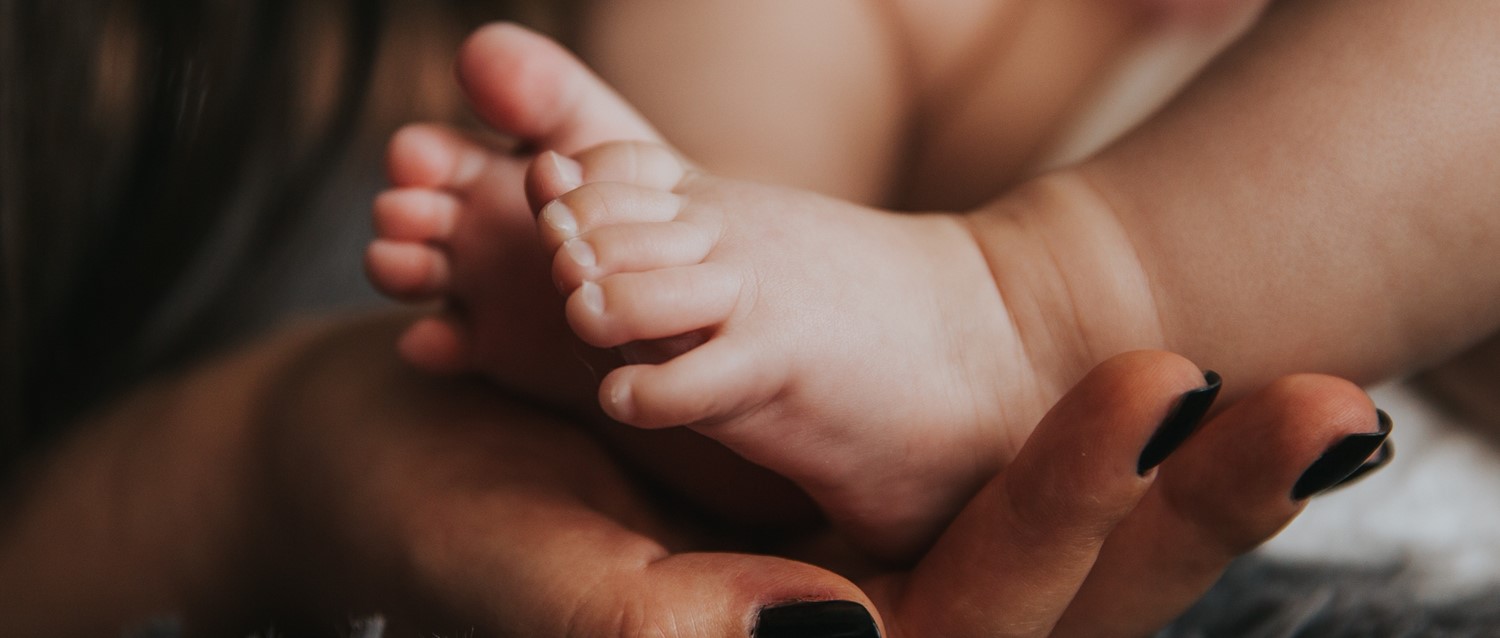
How to cope with the stress of being a new parent
Peer reviewed by Dr Krishna Vakharia, MRCGPLast updated by Lydia SmithLast updated 3 Mar 2023
Meets Patient’s editorial guidelines
- DownloadDownload
- Share
- Language
- Discussion
- Audio Version
Many new parents will know about being deprived of sleep, feeling overwhelmed, and having less free time. And while not all new parents go through the same issues, getting used to life with a new baby can be stressful.
In this article:
Continue reading below
What are the challenges of being a new parent?
There are many challenges associated with caring for a newborn baby. They may often seem daunting, but there are ways to reduce the stress.
"The common frustrations for new parents are probably things that are the most obvious," says Dr Zoe Williams, a GP and TV presenter. "There are sleepless nights, trying to soothe a crying baby, never getting anything done and endless washing - the washing machine never stops.
"There are additional challenges and a lot of those come from being overlaid on top of each other. For a lot of people, having a baby really is the most difficult time of their lives."
Pressure to be a perfect parent
For many new parents, there can be pressure to be the perfect parent. A survey by Stokke, found 71% of mums admit to feeling guilty for not doing - or not being able to do - something advised by parenting experts, compared to 57% of dads. A further 81% of women said they felt guilty over their parenting choices, too.
However, it's unrealistic to expect to know exactly what you're doing - especially for first-time parents. It’s normal to feel overwhelmed and it is a matter of trial and error to find out what works best for you.
"You’re sleep-deprived, your body is trying to heal and you're trying to master new things too," says Dr Williams. "If you choose to breastfeed, you're trying to grasp that skill. There is still this idea that the baby knows what to do, and the mum knows what to do, but it’s not true," she adds.
"It is a learned skill and it can be difficult and painful. Any one of these things is hard, but you lay them all on top of each other and that's where the challenge is."
Social media pressure
What we see on Instagram, Facebook and other social media sites can also lead to unnecessary pressure, too. More often than not, we only see a carefully curated version of someone's life on social media - which is filled with images of happy, smiling new parents who don't seem to be struggling. However, the reality is likely to be very different.
"We know it is a highlights reel," says Williams. "I guarantee every single new parent will have good days and bad days. There are days where you think I'm killing it - I have this nailed. But the next day, you might be in floods of tears because everything has fallen apart. On Instagram, every day looks like a good day."
Parenting behind closed doors
The privacy of our lives can also impact how we find becoming new parents too. "I think there is that misinterpretation that because we've been having babies since the start of time, we have this innate knowledge that we know what to do, but we don't," says Williams.
For older generations, it was more common to live in large, shared households, where people would learn how to care for children by watching family members do it. This is still the case in some areas around the world.
"We now all live in our own houses and everything happens behind closed doors, so we don't necessarily learn all these skills because we don't see them," explains Williams. "When there was more communal living, you grew up witnessing how to parent. This meant watching babies being breastfed and seeing how parents look after them. But because we don't live together like that as much, we don't learn this and it can be difficult."
How to cope with the stress of being a new parent
Back to contentsThere is no one right way to look after a new baby, as we are all individuals with different needs. However, there are various ways you can help to reduce the stress of new parenthood.
Prepare as much as you can
Being pregnant can be exhausting and it's normal to feel lacking in energy. However, it can help to prepare for the new baby's arrival on the days when you feel more energetic. This might mean putting together furniture, looking up local parent and baby groups, or stocking up on pre-prepared food.
"Try to do your research while pregnant, before you have your baby," says Williams. "It is difficult to do things when you are sleep-deprived. Sign up to support groups and put them in your diary, learn how to use gadgets like breast pumps, car seats, and prams, and try to have a practice run."
Ask for help
According to research, 71% of new parents are reluctant to reach out and ask for help during the first few weeks of welcoming home their new baby. Around one quarter of those surveyed said they were worried about being labelled a bad parent and 40% did not want others to think they can't cope if they were to ask for assistance.
"We live in a society where we want to seem like we've got it all together, but getting help and advice from people you trust is key. In hindsight, I wish I had asked for more when I was a new parent," says Williams.
"It's important to tap into your own personal network. Have honest conversations with your parent friends so they can talk to you about what they found difficult and engage with those who are close to us."
Join support groups for new parents
Mother and baby groups are great places to meet other new parents. Peer support can be invaluable for your mental well-being and being able to talk to others who are going through a similar experience can make things feel less overwhelming.
"Getting out of the house and going along to groups can be helpful, if you like that type of thing. It depends on the person, but anything that gives you a good support network is a sound idea," says Williams.
Although there are groups you pay to join, such as NCT, there may be free local ones too. It's worth checking on any local social media pages or community centres for events.
Speak to people you trust
New motherhood comes with many joys and challenges. Loneliness is common for new parents who have just given birth, especially for first-time mothers. Any big life change is known to cause feelings of isolation and anxiety, particularly as you adjust to a new way of living.
It's essential to speak to trusted friends and family about the way you feel, especially if you're struggling to cope. "If you have a partner and they go back to work after the first few weeks, you can feel isolated and on your own," says Williams.
There are app's which give women access to social networks to connect with other women as they navigate challenges like fertility, motherhood and the menopause. Some apps can make it easier to meet, chat and learn from like-minded people.
If you are struggling with your mental health after giving birth, it's important to speak to your doctor for advice about treatments and support.
Patient picks for Stress

Mental health
What are the symptoms of burnout?
The weight of today's world has seen a rise in people experiencing long-term stress and burnout. By recognising the symptoms of burnout and using evidence-based techniques, you can take steps to protect yourself from stress factors outside your control.
by Victoria Raw

Mental health
Why 'Christmas creep' stresses us out
Christmas can be the most wonderful time of the year, but it can be challenging. Shops are bringing out gifts and decorations earlier than ever and for some people, it's a reminder of how anxiety-inducing and expensive the festive season can be.
by Lydia Smith
Article history
The information on this page is peer reviewed by qualified clinicians.
3 Mar 2023 | Latest version
24 Nov 2021 | Originally published
Authored by:
Lydia Smith

Ask, share, connect.
Browse discussions, ask questions, and share experiences across hundreds of health topics.

Feeling unwell?
Assess your symptoms online for free
Sign up to the Patient newsletter
Your weekly dose of clear, trustworthy health advice - written to help you feel informed, confident and in control.
By subscribing you accept our Privacy Policy. You can unsubscribe at any time. We never sell your data.